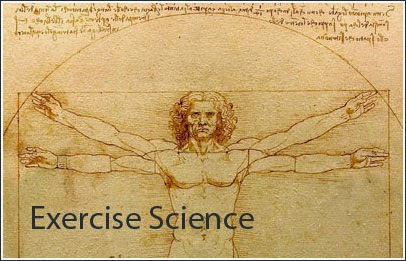The most helpful type of source probably has to be peer-reviewed articles. Some were purely discussing a study that was conducted, and others talked about the studies of individuals that were taken into account to formulate and support newly presented ideas. They are lengthy and use a lot of terminology, but the 'abstract' of the article is very helpful in summarizing the findings and/or conclusions of the authors. These are the best type of source in my opinion because they are purely based off of actual research findings instead of opinion or common belief. If they contain visuals, they consist of graphs and charts.
 |
| This shows the typical layout of a peer-reviewed article. |
Blog posts were helpful too, but this a much less reliable source than a peer-reviewed article may be, at least from the scientific aspect of things. I say this because those writing about something exercise-related are probably making those claims as someone who has actually experienced the affects of whatever he or she is discussing, but not know the science behind them. Blog posts vary in length depending on the author, but for the most part they are shorter than peer-reviewed articles. These aren't always based off of fact, usually with the author voicing their opinion on a subject because they have the freedom to, and there are rarely any facts or statistics mentioned to support the claims made in blog posts. Obviously there is much less terminology in a blog post than in a scholarly publication as well, making it a more friendly genre to the everyday person searching the internet. Blog posts have a lot of visuals in them, too.
 |
| Blog post paragraphs are often short and to the point, as shown in this visual. |
Newspaper articles had to be the least useful in my research. They do vary in length, but the ones I found were very brief. Newspaper articles tend to touch on a lot of different subjects with vague detail. Strong claims are often made, again with the credibility of the author and statement under question. They are similar to blog posts in that they are meant for the everyday person, but newspaper articles are much less personal than blog posts can be. Short articles don't usually have pictures.
 |
I could really only find one professional website, which I identified by the URL ending in "edu." Websites like this often contain what I suppose one could call 'articles' regarding certain subjects that are often written by professors, making them a credible source just as peer-reviewed articles. Depending on the type of article you are viewing in the website, it could either be long or short. Some contain visuals as well, but mainly graphs or charts.
This project has really helped me identify efficient ways too find credible sources for future research. I think the issue was that before I simply didn't know how to research something aside from doing a Google search on it. Now I understand a wider variety of genres and what they can offer to the readers.




